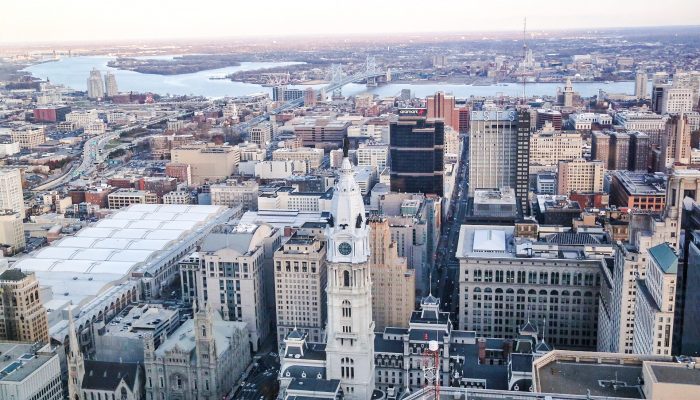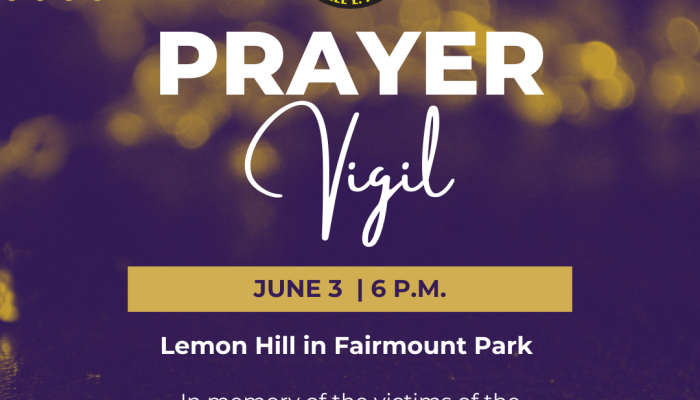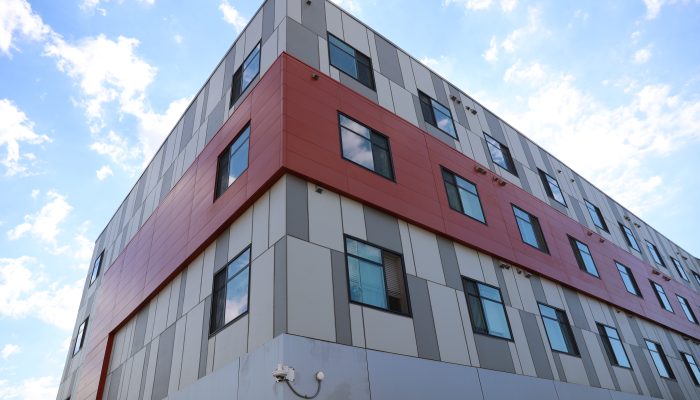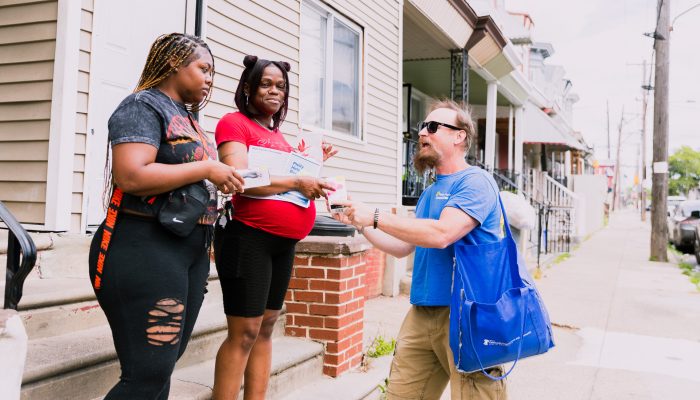The City of Philadelphia is proud to announce the recipients of the Reentry Solutions Microgrants for Community Engagement which bring together grassroots community organizations and City government to better address the many challenges faced by Philadelphians released from incarceration and those under county probation or parole supervision. While the implementation of Neighborhood Resource Centers (NRCs) has been delayed from its original timeline due to pandemic budget cuts, the City is committed to learning about community needs from those who are court-involved. These projects will shape ongoing criminal justice and reentry reform efforts as well as the future NRCs.
Specifically, the goal is to gather community input to inform the City on how people under county probation and parole supervision can best be supported and connected to services and supports, and guide City government in building a more effective reentry system.
The $60,000 in funding was made available for selected local organizations to implement their proposals to engage and solicit feedback from Philadelphians to influence the strategy and scope of the City’s reentry efforts.
The following community organizations have been awarded Reentry Solutions Microgrants for Spring 2021 projects:
I’m FREE:
Females Reentering Empowering Each Other (I’m FREE) is hiring two peer specialists, who will use their networks to connect with other women recently released from jail or on probation to understand their reentry experiences and unmet needs through surveys and interviews, provide support services, and break through social isolation caused by COVID-19. The peer specialists will distribute a new reusable face mask and hand sanitizer to each person they engage with. For their time, participants will receive gift cards. In addition to engaging community members to inform the development of Neighborhood Resource Centers, I’m FREE said their aim is to, “keep women engaged and poised to seek help when needed as opposed to resorting to acts of desperation.”
Created in 2011 with trauma-impacted women’s specific needs in mind, I’m FREE helps incarcerated women transition back into society by providing coaching, training, and care services. I’m FREE serves trauma-impacted, marginalized, low-income, justice-involved women in Camden County, New Jersey; New Castle, Delaware; and Philadelphia, Pennsylvania. Over the past 9 years I’M FREE has provided trauma-informed and gender-responsive trainings to over 500 justice-involved women, including within the Philadelphia Department of Prisons and community correction facilities.
Philadelphia FIGHT Institute for Community Justice (ICJ):
The Institute for Community Justice (ICJ) will use this microgrant funding to engage individuals who have been impacted by mass incarceration and the criminal justice system from the North, West, Southwest and Kensington sections of the City of Philadelphia. ICJ will conduct this outreach by surveying people at community restoration projects, street outreach, community presentations, expungement and pardons clinics, and in-person and virtual focus groups, working closely with Philadelphia Lawyers for Social Equity (PLSE), MANN Up Association, and My Eternal Family. Participants will be provided gift cards and SEPTA key cards.
ICJ is a comprehensive prison services and reentry program providing health linkages, supportive services, education, and advocacy for individuals, families and communities impacted by mass incarceration. The mission of ICJ is to serve any person impacted by mass incarceration and the criminal justice system and provide support that empowers those affected to thrive as their fullest selves. ICJ envisions a world free from mass incarceration where communities have equitable access to health, safety, justice, and the opportunity to design their freedom.
Sankofa Healing Studio
With this microgrant, Sankofa Healing Studio will use diverse models that promote individual healing, empowerment, and relationship building to engage community members impacted by incarceration, reentry, and other involvement with the criminal justice system. Along with virtual surveys and community circles, Sanfoka Healing Studio will lead art support groups online and individual in-person art sessions. This trauma responsive approach uses art as a means of storytelling and personal reflection, allowing participants to communicate in various forms. All modes of engagement will match participants with community resources as appropriate. Participants will receive stipends for their time.
Sankofa Healing Studio serves incarcerated and previously incarcerated people in the Philadelphia region. Sankofa Healing Studio’s mission is to address the negative impact of mass incarceration on overall mental health, disrupt the criminalization of Black Girls in the education system, and center the mental health and wellness of the Black Community using trauma-specific, integrative, and holistic pathways to healing. The Studio does this by supporting art projects and therapeutic services that take place in both group and individual settings.
Why Not Prosper, Inc.:
With the microgrant funds, Why Not Prosper will engage Philadelphians through focus groups, a town hall, and a digital survey. Participants will have the opportunity to engage in discussion around reentry for women and express their needs, ideas, and solutions.
Why Not Prosper, Inc. works to give all people, and particularly women, a seat at the table of reform and works to change the mindset that harsh punishments are required when a law is broken. The organization both raises awareness and meets the needs of women, helping them to be successful in their move from prison to community. Why Not Prosper was founded by a formerly incarcerated woman and many of their staff are graduates of their programs.
—
The City’s Office of Reentry Partnerships (ORP) selected these four local organizations to receive Reentry Solutions Microgrants. Proposals from organizations led by people who are directly impacted by the criminal justice system received preferential treatment in the selection process. ORP is guided by Philadelphia’s Office of Policy and Strategic Initiatives for Criminal Justice and Public Safety, which also oversees the Office of Violence Prevention (OVP), Office of Criminal Justice (OCJ), and Town Watch Integrated Services.




